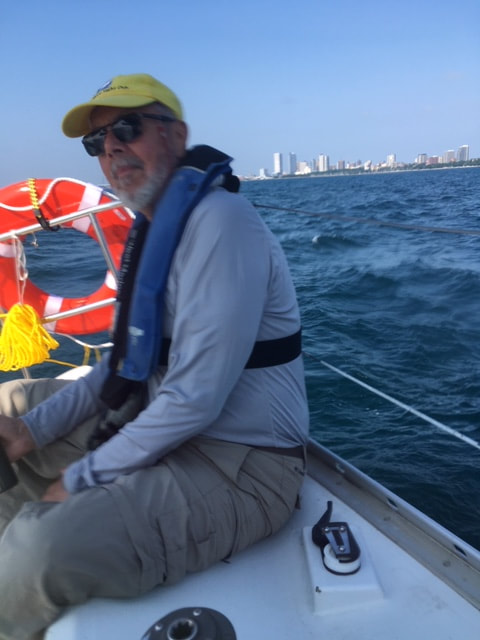Accepting me, just as I am has been a life-long struggle. I grew up as someone who just wanted to please. I wanted to please my parents; to please my teachers; to please my boss. My self-value rose or fell on how happy these people seemed to be with me.
That’s not me anymore, for the most part. It’s not that I’ve become callus and don’t care how I affect people, it’s just that I have arrived at an age where I am quite comfortable with myself and can accept my flaws as well as my strengths. A friend of mine and fellow blogger, Lora Dow recently wrote about noticing the light from within in the same way that a photographer deals with the light surrounding her subject: by “learning to accept all conditions with equanimity.” My daily goal is to simply accept me: my thoughts, my emotions, my desires without owning them, or without allowing them to own me. Don’t get me wrong, my feelings can still run amok. I still sometimes find myself in the destructive loop of experiencing an emotion such as guilt and then watching with dismay as I become guilty about feeling guilt. There is a weighty quote from an early Quaker – Isaac Penington which advises to “give over thy on willing. Give over thy own running. Give over thy own desire to know or be anything ….” When I was young and in a mindset that I had to please everyone, the idea of giving over was quite the struggle. In my yearning to please people I would find myself giving over my desires, and even my ideas to be accepted by others. On the other hand, there was a big part of me that would balk at such a thought. I would get angry at myself for being too compliant. I sometimes saw myself as a dog wanting to please a master, but who in his heart, was a wolf: strong, self sufficient and comfortable being alone. I don’t struggle as much with the idea of giving over now. For me, giving over has become a two-step process. Step one, I work hard to embrace my feelings, ideas and emotions. I try to know them, to delve deeply into them, to understand their genesis as much as I can. In short, I accept them as a part of me; but not an essential part. The second step is then to let the emotions go. They come from me, but they do not define me. Just as I don’t own the air I exhale, I don’t own the emotions I feel. They are like a thunderstorm in the spring. They come and cause noise and bluster, but then they go away. I release them to the Divine. I imagine that I am sinking down into a calming lake and my emotions are like air bubbles that I breath out and release to the surface. One practice that has helped immensely is centering prayer, championed by the recently deceased Trappist monk, Thomas Keating. Keating teaches that “Our basic core of goodness is our true Self. Its center of gravity is God.” In order to get to the point where we accept that we are good at our core, I found it helpful to focus on the second sentence of the Keating quote: “Its center of gravity is God.” Our earth is spinning on its axis at about 1,000 miles per hour. Without gravity, we would be spun off into the vastness of space. Like gravity, I believe that God anchors us. Our rootedness in God keeps our emotions from spinning out of control and taking over our thoughts and actions. When we are centered on God, we find that our goodness has little to do with us. We haven’t earned our goodness. We haven’t brought it about by our actions or by banishing “bad thoughts” from our mind. Our goodness just is. Many mystics teach that there is a True Self – often defined as our soul which is connected to the Divine – and then there is our False Self, the one that is roiled by thoughts, desires and emotions. I find that dichotomy to be true, but unhelpful. What I find most helpful is this: Through daily prayer and meditation I try to center myself on God. Throughout the day, I strive to acknowledge the grace of God on display in the beauty of the world. And in that centering and awareness of the goodness of the Divine that abounds, I find that the struggle between my True Self and my False Self simply fades away. At first, there is only me. My essential goodness is me. My soul connected to God is me. My thoughts, desires and emotions – good and bad - are me. But then, on the days when I am well centered, I find that I have given over me, and discover there is only God.
0 Comments
Your comment will be posted after it is approved.
Leave a Reply. |
AuthorMike Soika has been a community activist for more than 30 years working on issues of social and economic justice. His work for justice is anchored by his spiritual formation first as a Catholic and now as a Quaker. Pre 2018 Archives
|


 RSS Feed
RSS Feed
